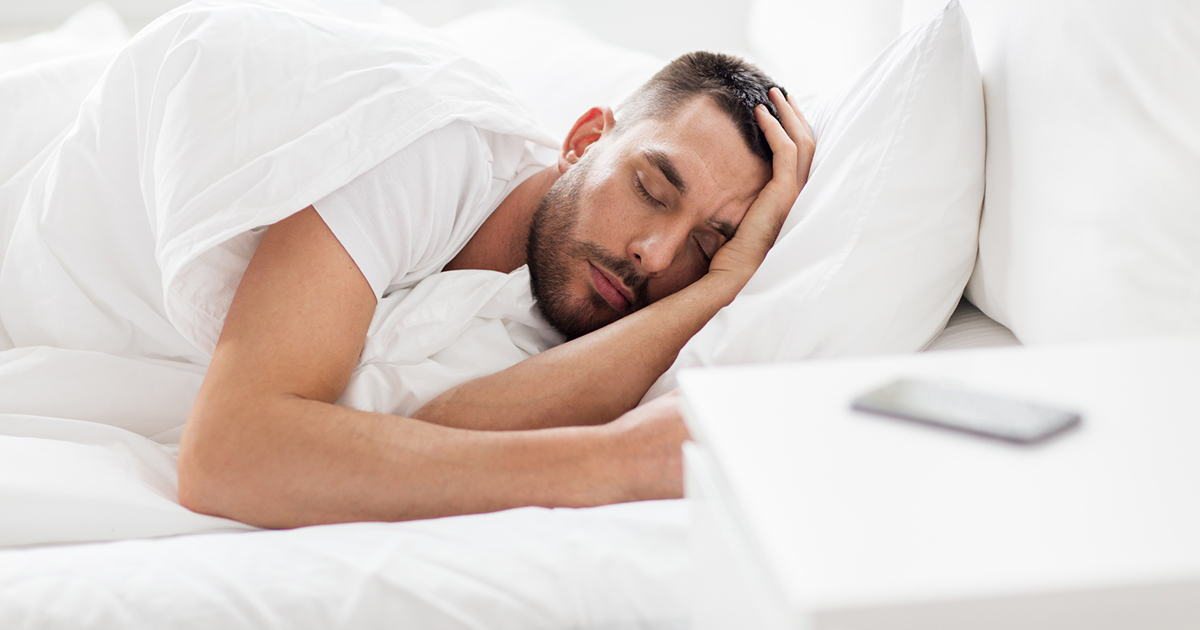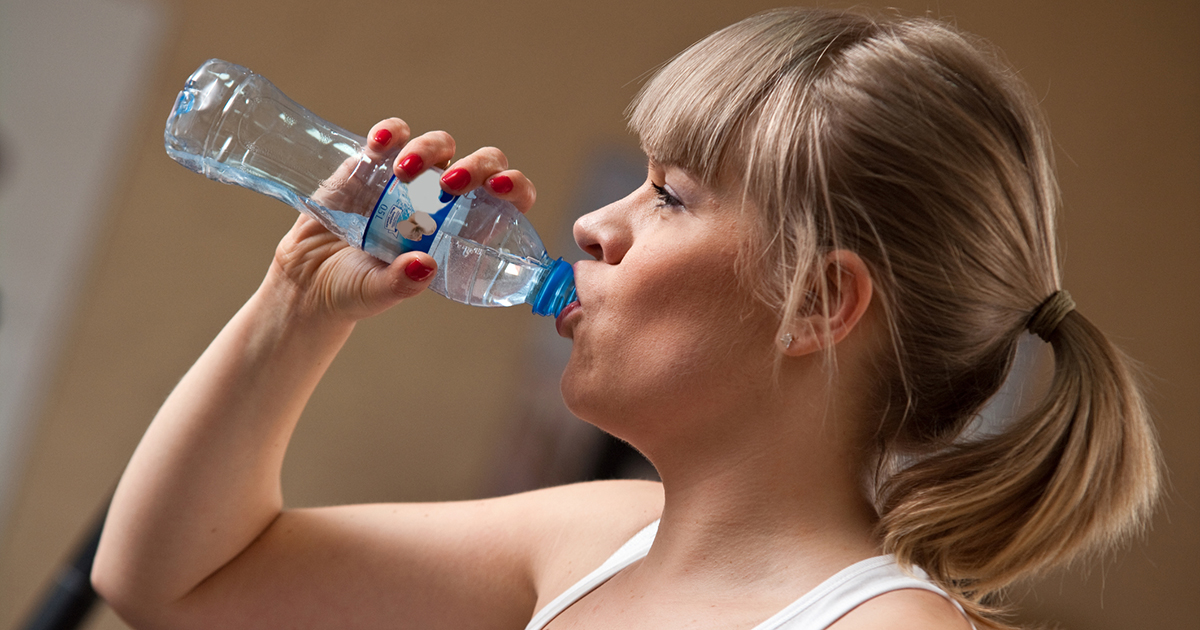How To Treat E. Coli
Escherichia coli, often shortened to e. coli, is an intestinal bacteria that normally lives in the gut of humans and mammals. There is an array of different types of e. coli, and most remain relatively harmless. Infection occurs when fecal matter with e. coli contaminates a food or water source, and that source is then consumed. This can happen by eating raw or undercooked foods, as well as from inadvertently swallowing dirty water. Beef, leafy greens, and dairy are the most commonly contaminated food sources. Almost 100 thousand individuals suffer from e. coli food poisoning each year, making it one of the most common food-related illnesses in the world. It infects the intestines and can cause loss of appetite, bloody stools, fatigue, fever, nausea, gas, and diarrhea. Symptoms usually show up within ten days of exposure and can persist for six to ten days. There’s no cure for e. coli, and treatment is aimed at lessening the symptoms. Most patients recover without professional medical intervention, but there can be severe complications requiring medical intervention. Here’s what to do if you suspect e. coli poisoning.
Get Lots Of Rest

Rest is imperative as the infection runs its course. The symptoms of e. coli will leave you fatigued. Don’t fight this fatigue, and allow yourself to get lots of rest. Fatigue is your body’s way of telling you to conserve energy and fuel. Avoid physical and strenuous activities, such as those that make you sweat out precious fluids you need to conserve. Check with your state health department to determine if you should be excused from work or school by law as you recover. Expect symptoms such as abdominal cramping, watery or blood-tinged stools, bloating and flatulence, nausea, and decreased appetite, and low-grade fever.
Continue reading to learn about the fluids everyone should drink if they have e. coli.
Drink Lots Of Clear Fluids

Staying hydrated helps flush e. coli out of your system. Diarrhea and vomiting can lead to dehydration quite quickly, especially in young, elderly, malnourished, and underweight individuals. Drink a lot of clear liquids to stay hydrated, such as water and low sugar electrolyte drinks. Another great choice is ginger ale, as it can help with nausea while it hydrates. Because you’re losing so many fluids, the standard eight glasses a day likely isn’t enough. To judge how much fluid you need, look at your urine to ensure you’re hydrated enough. Hydrated urine will be either pale yellow or clear, but dehydrated urine will be a darker amber color. A complication that affects around five to ten percent of e. coli cases, most of whom are children, is hemolytic uremic syndrome (HUS), a life-threatening kidney complication that occurs from dehydration and decreased urination, and requires immediate medical attention.
Continue reading to learn why certain medications must be avoided now.
Avoid Diarrhea Medication And Antibiotics

Research has indicated e. coli patients should avoid diarrhea medication and antibiotics, as these medications do not treat e. coli in any way. Anti-diarrhea medications slow the gut down, which keeps the bacteria in your gut longer to continue to wreak havoc. Additionally, both antibiotics and anti-diarrhea medications have been shown to increase the risk of developing HUS. Try a peppermint tea, ginger root tea, chamomile tea, or cardamom tea to improve digestion, calm an upset stomach, and reduce gas. A probiotic, such as acidophilus, can help grow healthy gut bacteria to stop the spread of bacteria and lessen the symptoms of e. coli. As you hydrate, avoid high-fiber and high-sugar drinks like prune, pear, and apple juice, as these can worsen diarrhea.
Keep reading for details on the best food to eat while dealing with e. coli.
Low Fiber Foods

Many will not have any appetite after first encountering an e. coli infection. Those that do retain an appetite often find themselves not being able to keep their food down. As you regain your appetite, keep to a low-fiber diet. Foods high in fiber, fat, and dairy often irritate the gut and worsen symptoms. Add foods gradually, starting with bland and low fiber foods like eggs, crackers, rice, and clear broths. Of note, scientists from the Uniformed Services University of the Health Sciences found a high-fiber diet also increases the risk of contracting an e. coli infection in the first place.
Continue to learn about the final way of treating this infection.
Hospital Treatment

Keep a record of your intake (what you’re able to drink and eat) and output (how often you urinate and have a bowel movement). Take note of the color of your urine and stools. Is there blood present? Keep a record of your temperature. If you experience signs and symptoms of HUS, seek medical attention immediately. Prolonged fever, signs of kidney malfunction, bleeding, seizures, disorientation, and confusion indicate that immediate medical attention is necessary. The hospital will ask for a stool sample to confirm e. coli. Dehydration may require IV fluids. The CDC recommends contacting a health care professional when severe diarrhea persists longer than three days or if diarrhea is accompanied by a high fever, blood, or too much vomiting to keep liquids down and pass urine. While hospital treatment is rare, some with e. coli will require professional medical attention. Keep notes from the beginning so you can help your doctor determine if and what treatment may be necessary.